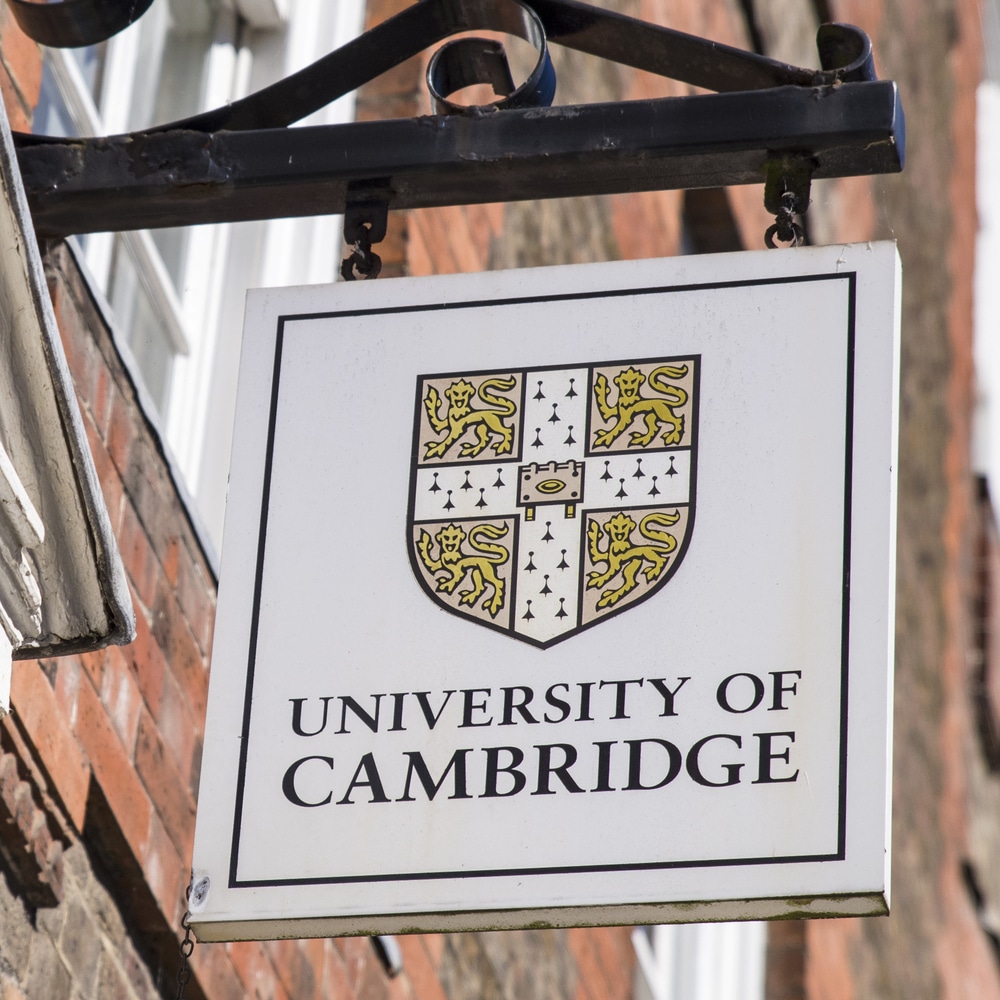
What you should know about the IGCSE
International General Certificate of Secondary Education, or more commonly known as IGCSE is a two-year programme offered to students in the last two years of their secondary education. IGCSE is developed by the Cambridge International Examinations and fully endorsed by the United Kingdom (UK). It is one of the most popular international certification for secondary schools and is used to prepare students for the International Baccalaureate (IB) Diploma, Cambridge International A-Levels or their equivalent.
There are many misconceptions about the IGCSE, and we would like to address some of these misconceptions here.
IGCSE is different from the UK National Curriculum General Certification of Secondary Education (UK GCSE) and the Cambridge O-Levels
It is crucial for parents and students to know that IGCSE is different from the UK GCSE. It is also a separate examination from the Cambridge O-Levels. While IGCSE is often considered to be similar to the O-Levels, its reputation as an international certification makes it popular for students in international schools. Passing the IGCSE leads a student to higher levels of education, allowing him or her to the IB Diploma, Cambridge International A-Levels, or their equivalent.
Worldwide recognition
IGCSE is recognised by most universities worldwide and these educational institutions commonly require a combination of Cambridge International A-Levels and the IGCSE as entry requirements.
A certification for every subject
Unlike the Cambridge O-Levels, the IGCSE does not offer a combined certification, but instead, award the student based on a per subject basis. There are currently more than 70 subjects available for students to choose from. There are both core and non-core subjects. Students are required to sit for at least five subjects and up to 14 subjects.
Core subjects are catered to everyone
The core subjects are English, Mathematics and Sciences. Within these core subjects, there are 15 subjects broken down for students to choose from. For example, under the Cambridge English core subjects, there are English as first or second language, English Literature and World Literature. The flexibility of choosing the subject allows the student to perform at his or her best.
Wide range of other non-core subjects
For students interested in pursuing creative or technological jobs in the future, the IGCSE offers a wide range of subjects to cater to these interests. These subjects include Social Sciences (such as Economics, History and Sociology), Arts & Technology (such as Business Studies and Information & Communication Technology) as well as Arts & Design (such as Liberal Arts and Drama).
Grading
The IGCSE grades students from A* to G and U being “ungraded”. Students are required to obtain at least grade C and above for their five core subjects before they are allowed to move on to higher levels of education. Here’s an overview of the IGCSE Grading for your reference:
| IGCSE Grade | US Grade |
GPA Equivalent |
|
A* |
A / NA |
4.0 or 4.3 Weighted |
| A | A |
4.0 |
|
B |
A- | 3.7 |
|
C |
B | 3.0 |
| D | C+ |
2.3 |
|
E |
C |
2.0 |
|
F |
D+ |
1.3 |
| G | D |
1.0 |
| U | E/F |
0.0 |
Extended version
There is a difference between IGCSE Core and IGCSE Extended. The reason for the difference is to take into account, the differing abilities of the students who take the examinations. Every student has a choice to choose between the IGCSE Core and the IGCSE Extended for each subject.
The Core curriculum is for the majority of the student population. It is a full overview of the subject and students choosing the core is targeting grades C to G. The Extended curriculum includes a supplement portion that goes in depth for the subject or has additional topics. It is suitable for more academically able students. Students who choose to take the Extended curriculum naturally aim for grades A* to E.
Cambridge International Certificate in Education (ICE)
Finally, let us look at the difference between the IGCSE and the ICE. Students who are taking at least seven IGCSE subjects can opt for the Cambridge ICE, which is offered in some schools. The Cambridge ICE is designed for schools which want to provide a broad curriculum. Students who choose the Cambridge ICE select a minimum of seven subjects from the five IGCSE curriculum areas:
Group 1: Languages
Group 2: Humanities and Social Sciences
Group 3 – Sciences
Group 4 – Mathematics
Group 5 – Creative, Technical and Vocational
Students who pass all seven Cambridge IGCSE subjects, with at least two subjects from Group 1 will be awarded the Cambridge ICE. The category granted is one of the three below:
Distinction – Grade A or better in at least five subjects and grade C and above for the remaining two subjects.
Merit – Grade C or better in at least five subjects and grade F and above for the remaining two subjects.
Pass – Grade G or above in all seven subjects
We hope that you have a better understanding of the IGCSE now and will be able to make better, informed choices moving forward.
Find more information regarding other curriculum and education in our Blog.








